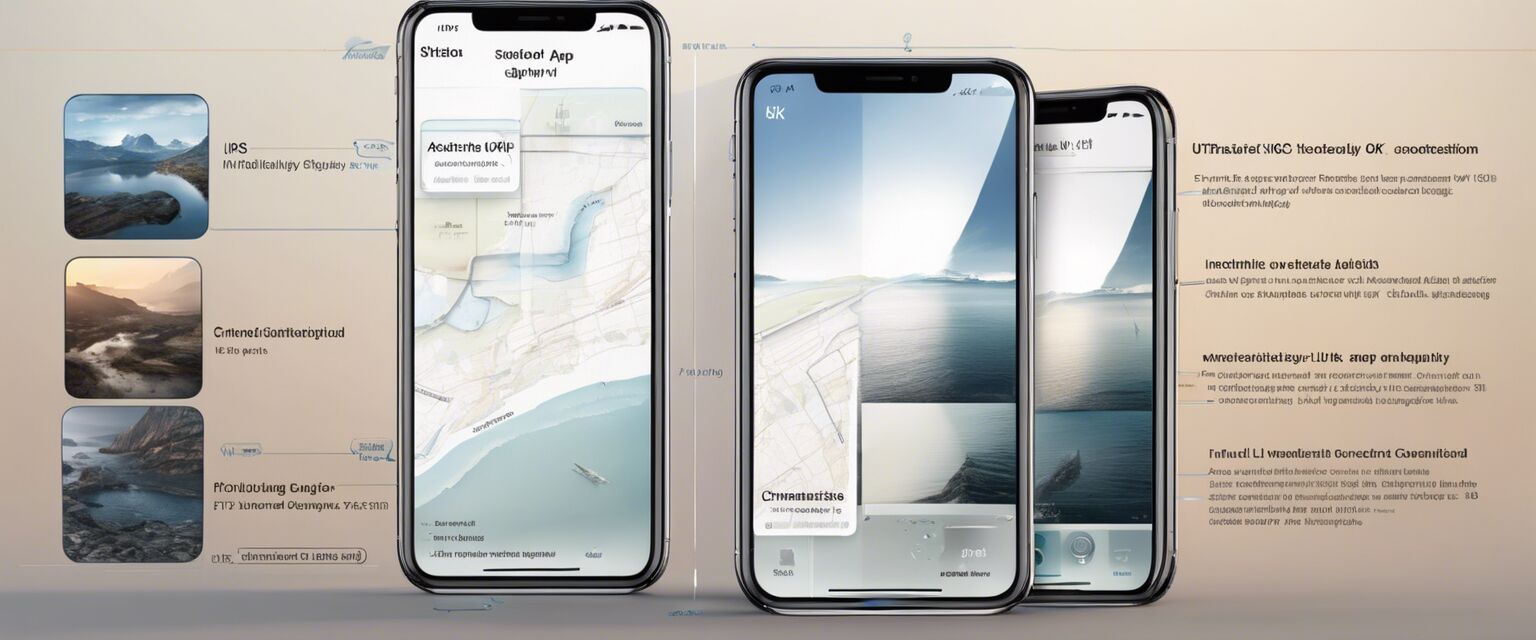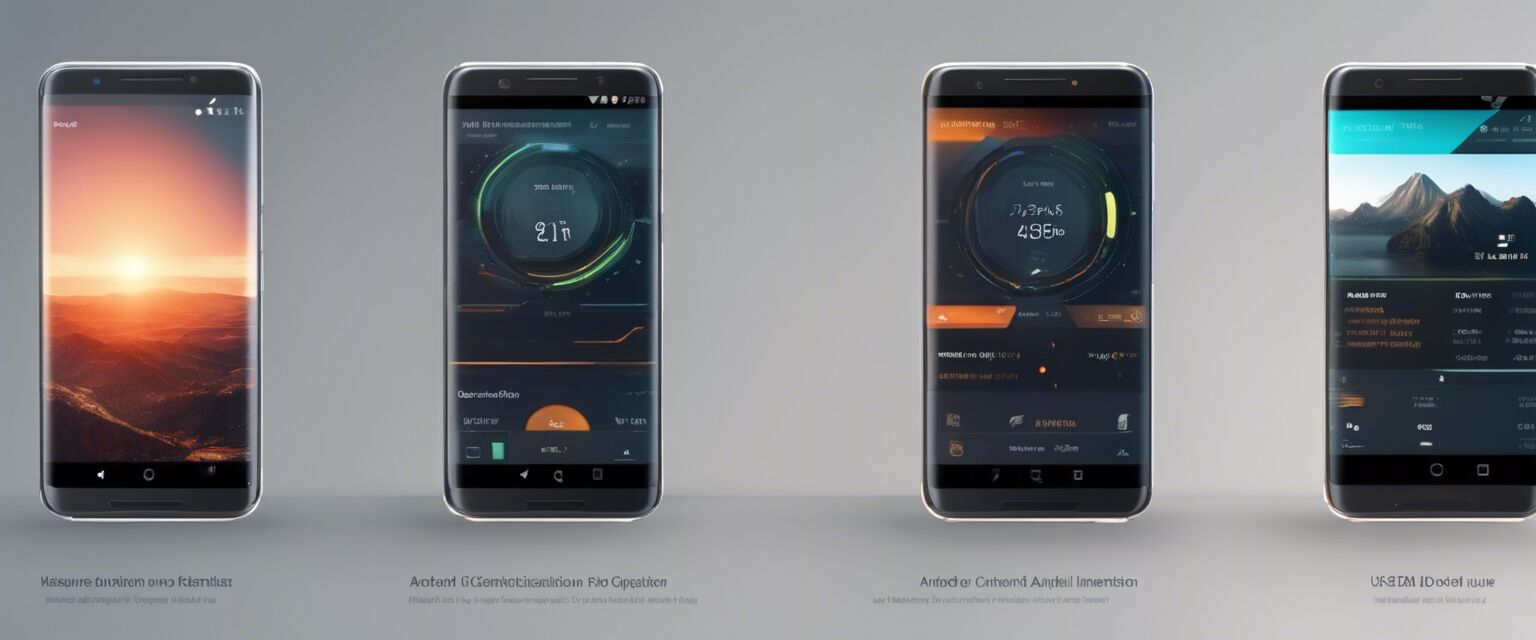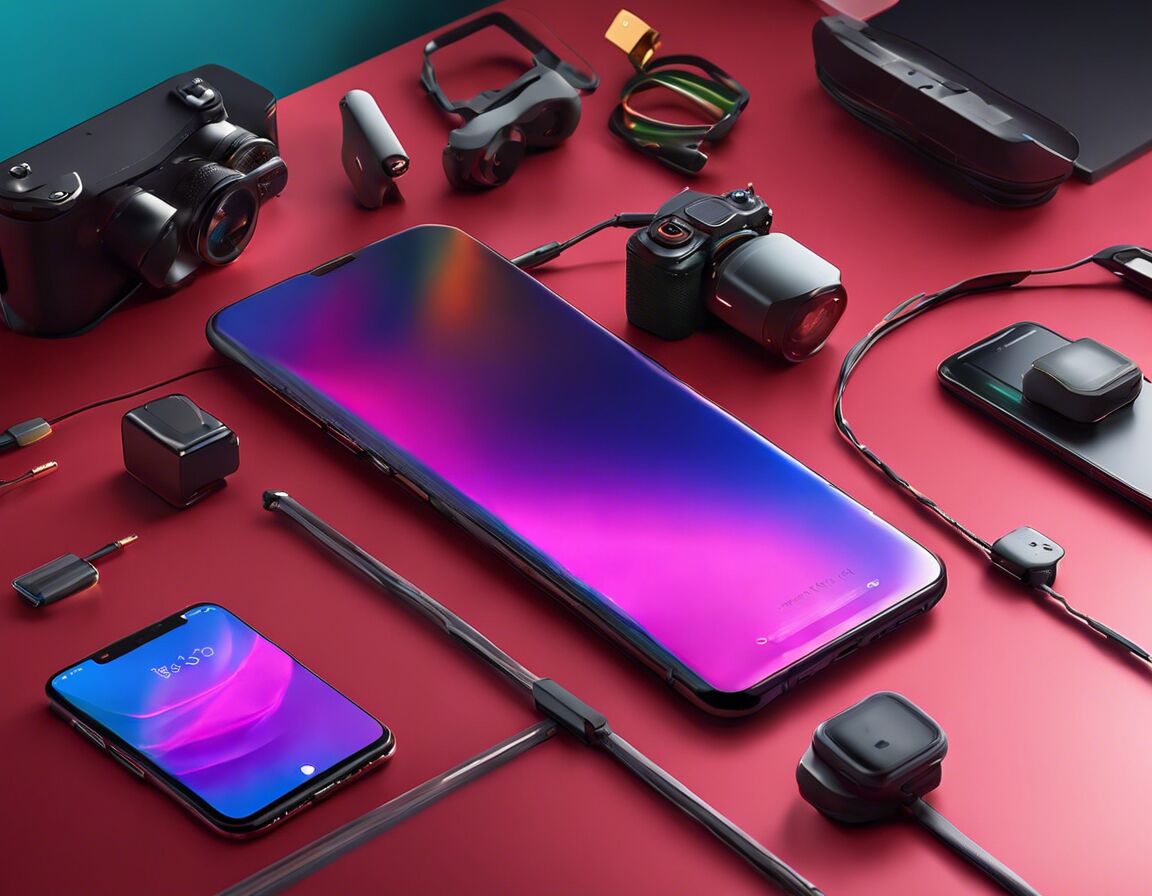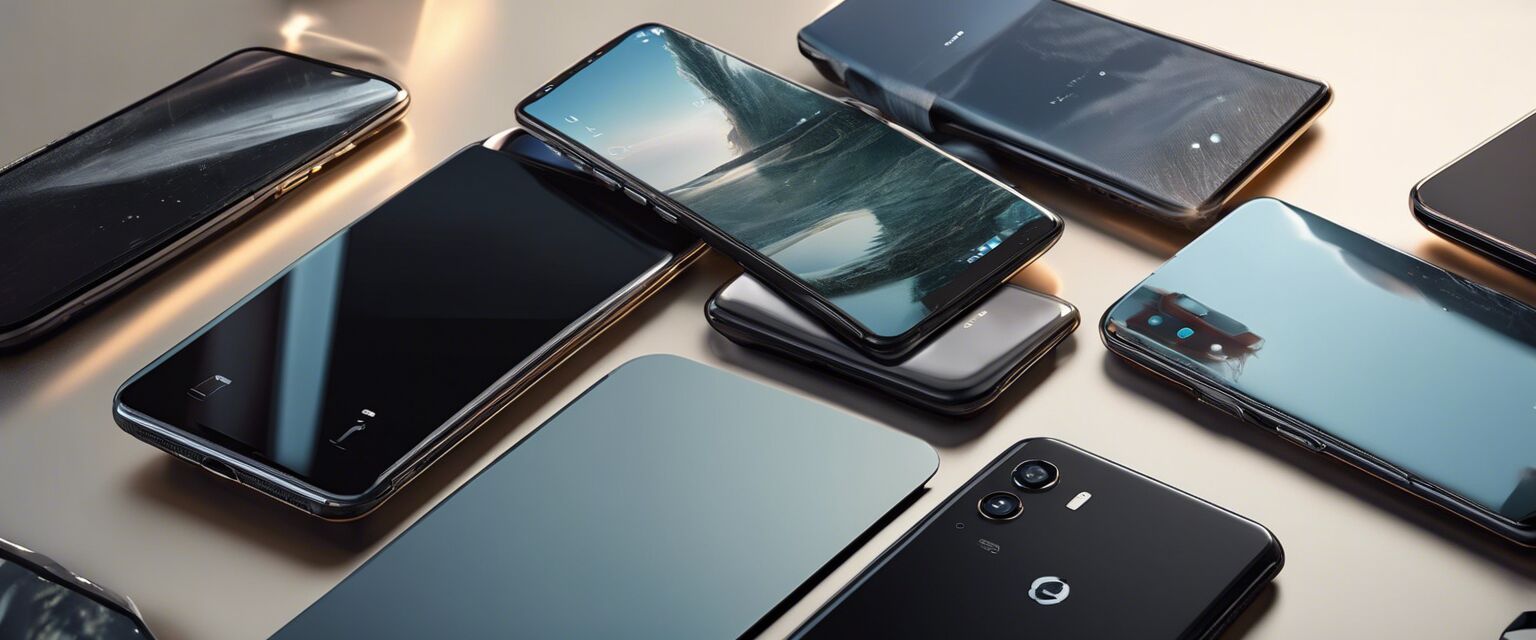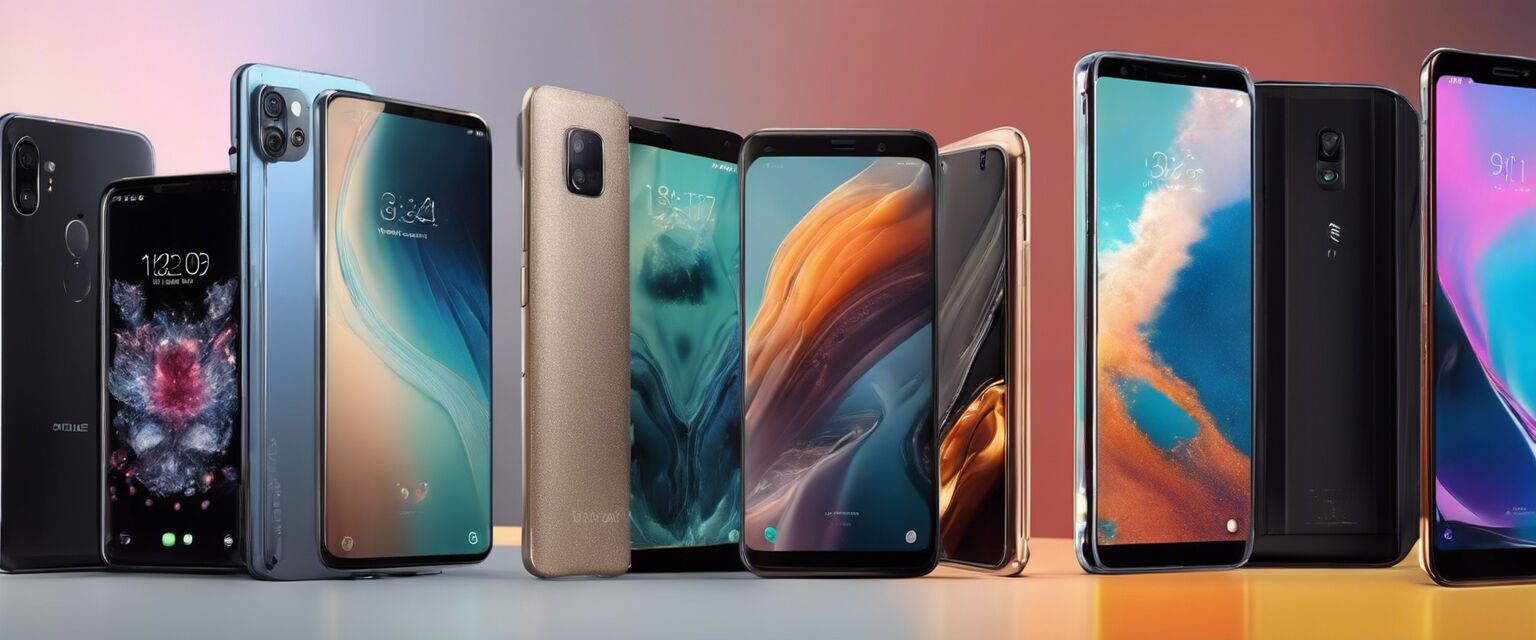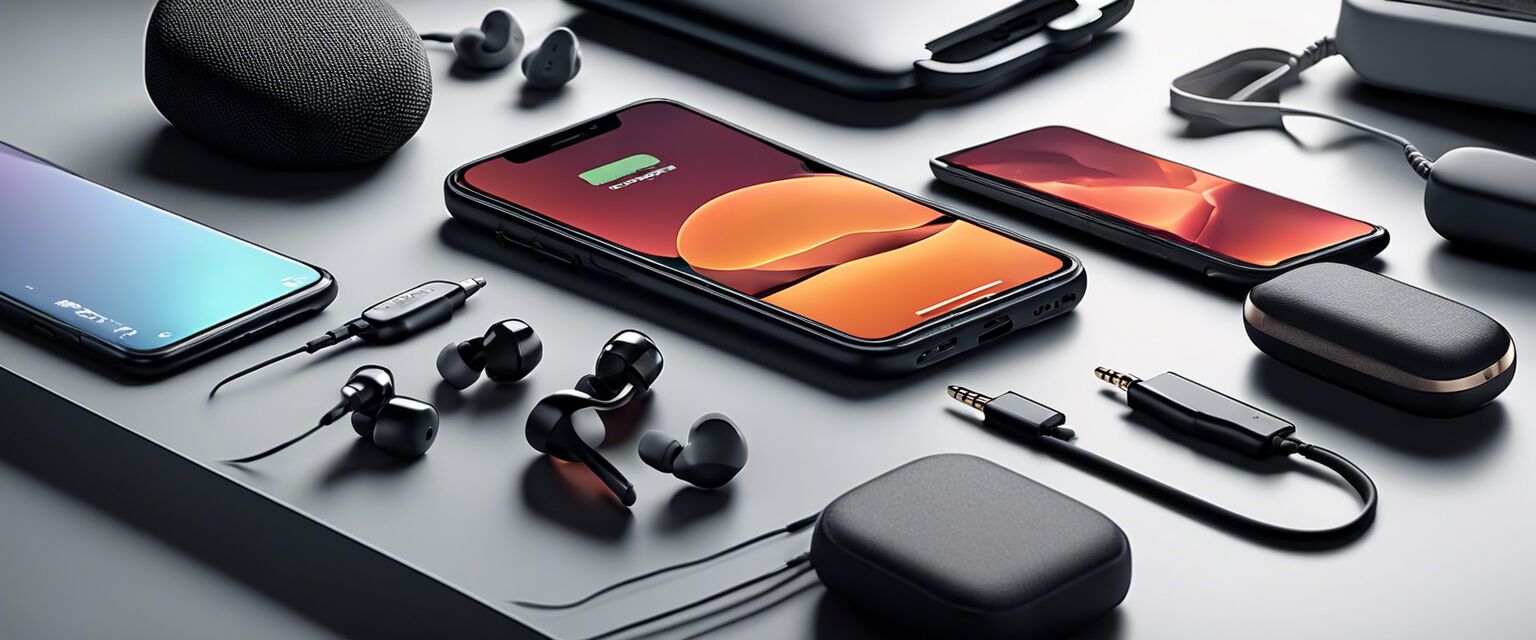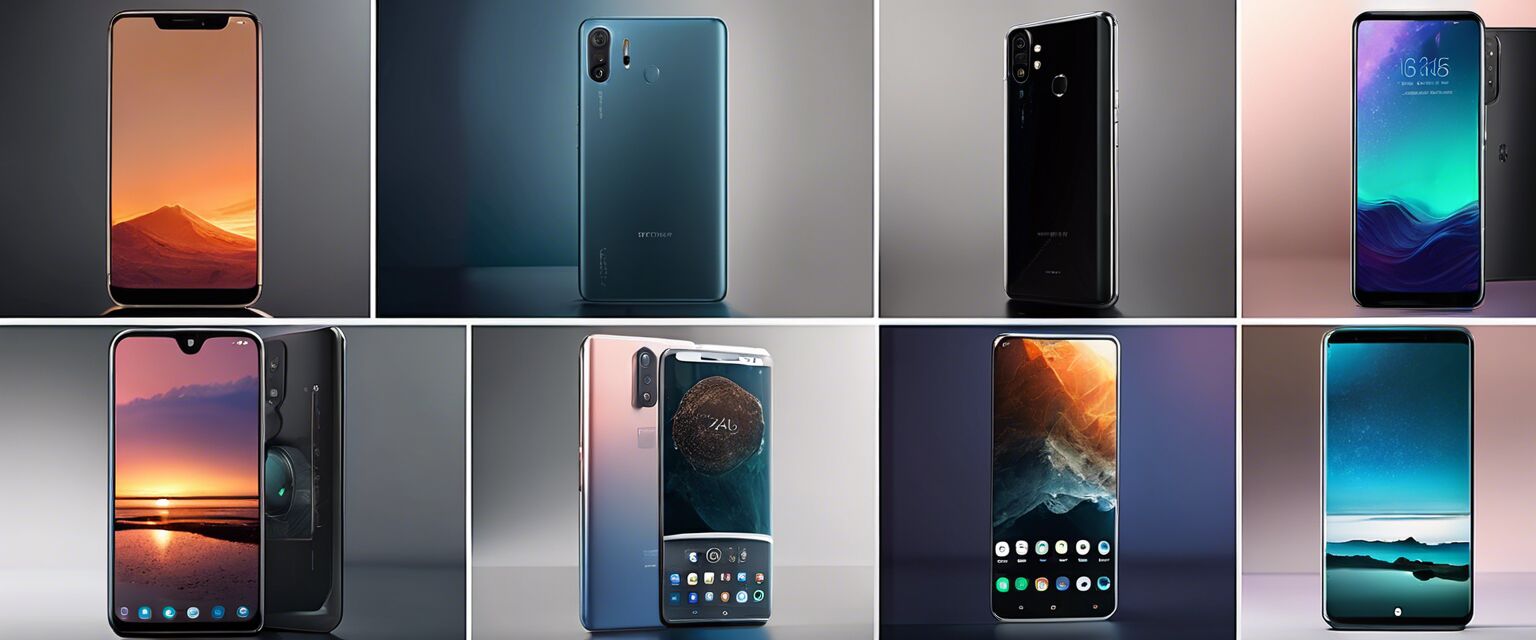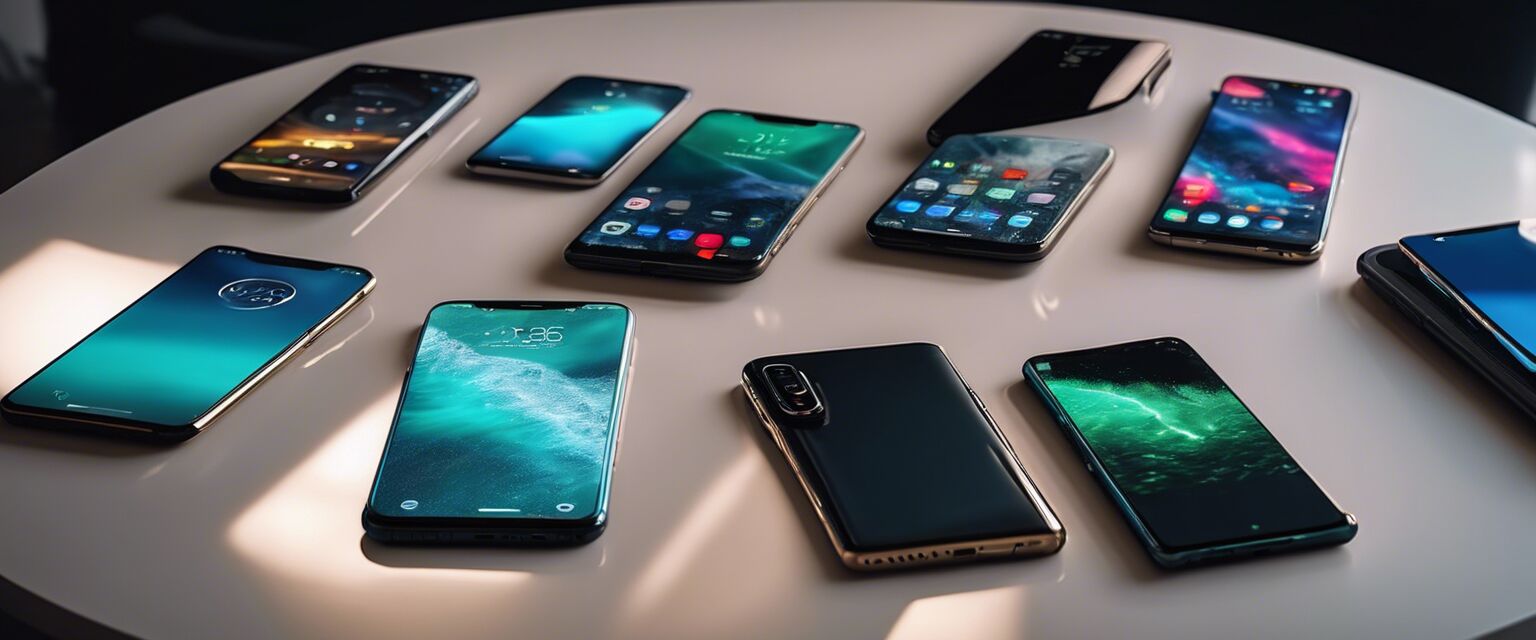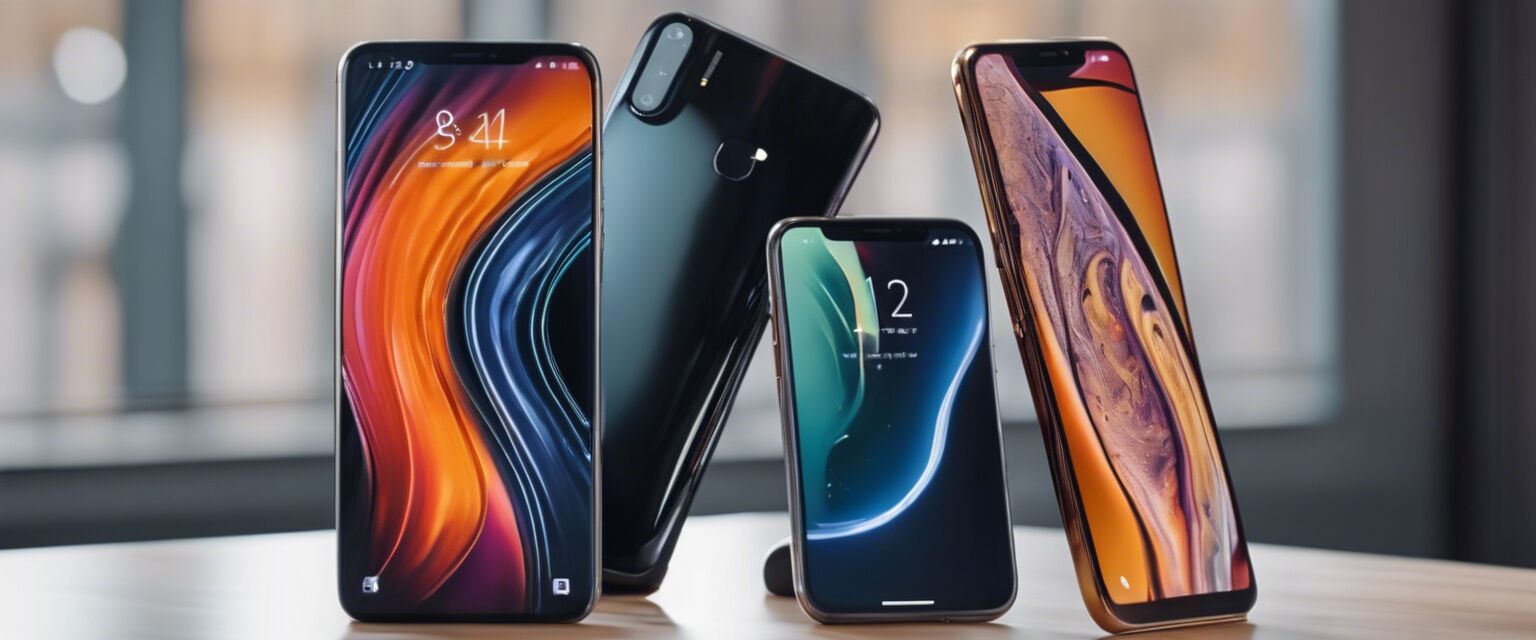
Operating systems
Key Takeaways
- The two main smartphone operating systems are iOS and Android.
- Each operating system has its own advantages and disadvantages.
- User experience can vastly differ based on the choice of operating system.
- Compatibility with apps and accessories is a significant consideration.
- Regular updates may vary between operating systems, impacting security and performance.
Smartphones have become an integral part of our daily lives. Choosing the right operating system (OS) is essential for maximizing your smartphone experience. This article provides a comprehensive comparison of the two leading smartphone operating systems: iOS and Android. We will delve into their key features, pros and cons, and help you decide which one might be the best fit for you.
What is an operating system?
An operating system is the vital software that manages a smartphone's hardware and software resources. It provides the essential services for the programs that run on the device. The OS serves as an intermediary between the user and the smartphone's functionalities.
Comparison of iOS and Android operating systems
| Feature | iOS | Android |
|---|---|---|
| User Interface | Consistent and user-friendly interface. | Customizable interface options. |
| App Store | Apple App Store with strict app vetting. | Google Play Store with diverse app availability. |
| Hardware | Exclusively for Apple devices. | Works on various brands and models. |
| Updates | Regular updates for all supported devices. | Varies by manufacturer and carrier. |
| Security | Enhanced security protocols. | Security varies based on device and OS version. |
Detailed review of iOS
iOS is Apple Inc.âs mobile operating system, powering devices like iPhones and iPads. Its smooth performance and high security are major highlights.
Pros and cons of iOS
Pros
- Sleek and intuitive user interface.
- Quick access to updates.
- Strong ecosystem of apps optimized for Apple devices.
- Robust security features.
Cons
- Limited customization options.
- Higher price tag on devices.
- Less compatibility with third-party apps.
Detailed review of Android
Android, developed by Google, is known for its wide array of hardware options and customization flexibility. This OS powers smartphones from various brands, providing a more open experience.
Pros and cons of Android
Pros
- Highly customizable interface and settings.
- A vast selection of devices across various price ranges.
- Access to a diverse app ecosystem.
- Open-source platform allows more flexibility.
Cons
- Security vulnerabilities can arise due to varied manufacturers.
- Fragmentation can lead to delayed updates.
- User experience may vary significantly between devices.
Which operating system should you choose?
The choice between iOS and Android is primarily influenced by individual needs and preferences. If you value security and a cohesive experience, iOS might suit you best. Conversely, if customizability and hardware options are your priority, Android could be the way to go.
Popular apps on each operating system
Regardless of the OS, both platforms offer a variety of popular applications. Here are some notable examples:
- Social Media: Instagram, Facebook, TikTok
- Productivity: Microsoft Office, Google Workspace
- Streaming: Netflix, Spotify, YouTube
Accessories compatible with smartphones
Consider how the operating system will impact your choice of accessories. For instance, specific earbuds and chargers may be better suited for one OS over the other:
| Accessory Type | iOS Compatibility | Android Compatibility |
|---|---|---|
| Earbuds | AirPods, Beats | Google Pixel Buds, Samsung Galaxy Buds |
| Chargers | Lightning connectors | USB Type-C |
Conclusion
Choosing the right operating system can greatly affect your smartphone experience. Whether you opt for iOS or Android, each system has distinct advantages and experiences to offer. Assess your personal preferences and needs to make the best decision for your lifestyle.
Tips for beginners
- Try out devices from both operating systems to see which one feels right for you.
- Check app availability for your preferred applications before committing.
- Consider future flexibility regarding accessories and hardware.
Further reading
For more information on smartphone accessories or specific reviews, check out our other categories:
Images of operating systems
To provide a better understanding of the diversity in smartphone operating systems, here are some illustrative images.
